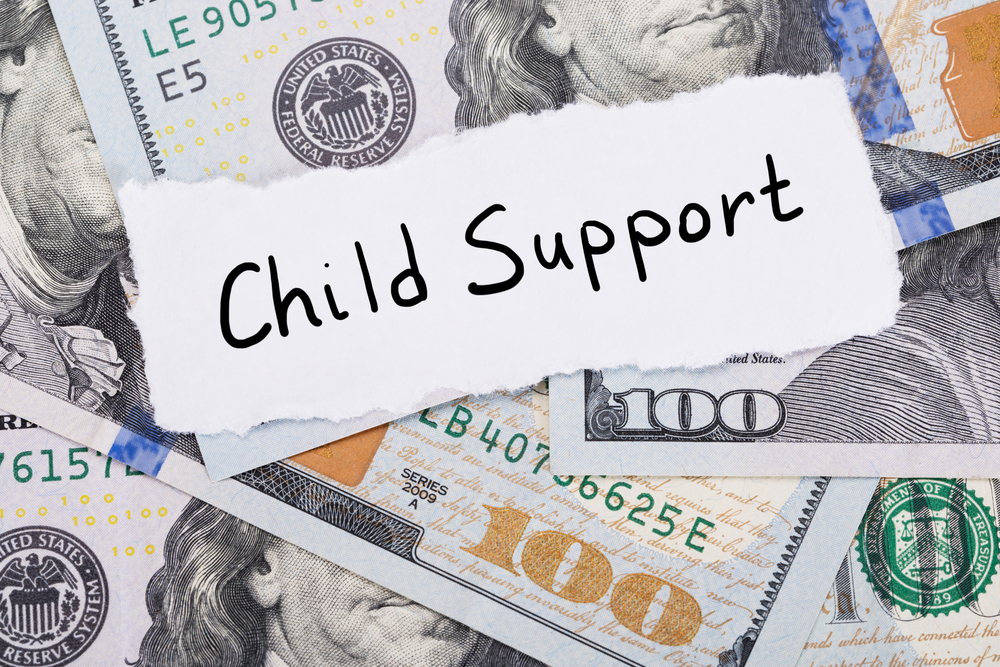Of all the benefits flowing to custodial parents of children, child support is the easiest to understand, and the hardest to avoid. Nowadays, all 50 states and the District of Columbia have child support collection agencies that handle enforcement of child support orders. In California, it’s called the Department of Child Support Services, and they have an office in each county. Each county’s DCSS office has a legal department, and they do the paperwork for you. All you have to do is fill out their forms and show up on your hearing date.
We have found that there are 2 classes of people who really need help on child support—those supported parents whose ex would rather live on a park bench than pay support, and those diligently paying parents who want their co-parent to step up and bear more of the financial burden for the little urchins. Here are some tips for both:
1. The court calculates child support based on a formula. Generally speaking, money is transferred from the spouse who earns more to the spouse who earns less, and from the parent with less parenting time to the parent with more parenting time. If you want to find out what your child support would be, Thomas can provide you with a preliminary calculation during your initial consult.
2. The court expects both parents to support the children. If you have the children for most of the time, you already support them by paying for their food, clothing, shelter and other necessities. But if you both have significant parenting time, earnings become a bigger factor. If you are the supporting spouse, you can ask for orders that an unemployed parent make 10 job contacts per week and notify you when they find work. In extreme cases, the court will actually attribute income to a party.
3. The amount of parenting time is crucial. If you have greater parenting time, you’ll pay less in support.

4. Support payments are normally garnished from your wages. DCSS will ask the court to issue an Earnings Withholding Order, also known as a Wage Assignment or a Garnishment. The employer pays the support you owe to California’s Central Dispersion Unit, which then pays the receiving spouse. If you don’t want the headache and delay of this, you must dismiss your DCSS case and agree that the payer can pay the payee directly.
5. Child Support enforceable by contempt of court. One weird quirk of the child support law is that the receiving parent (or DCSS) can request that the paying parent be put in jail for not paying—5 days for each payment. You have to file an Affidavit re: Contempt, and the payer’s inability to pay is a defense. DCSS has other enforcement tools, such as seizing assets and suspension of driver licenses.
Court litigation in support cases usually involves attributing income to a parent, enforcing the order or getting them to seek employment. There are many nuances, and if you need help in this arena, set up an initial consultation to help you understand your options.
Click here or call now (760) 990-4752 to schedule your initial consultation.